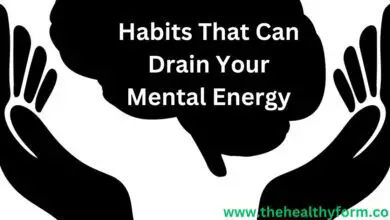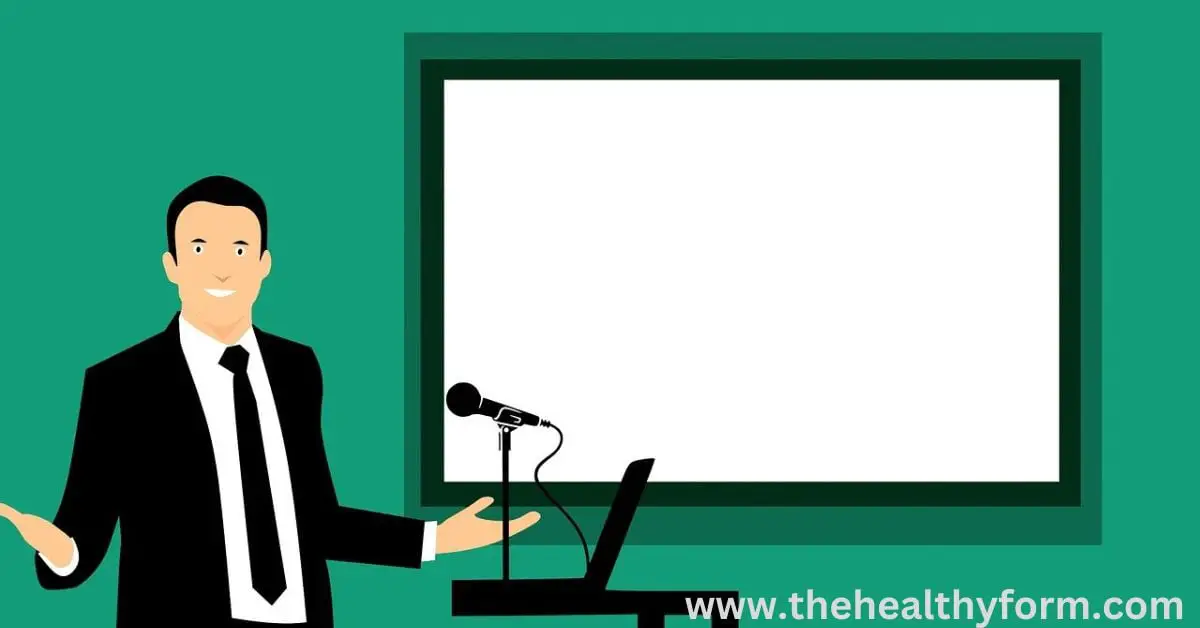The Effects of Social Media on Mental Health
Discover the effects of social media on mental health. Social media has ingrained itself into our daily routines, with many of us spending hours every day scrolling through our feeds due to factors like the effects of continual comparison and the impact of cyberbullying. But even though social media may be a great way to stay connected and informed, it can also significantly impact our psychological well-being. According to research, overusing online entertainment can have various adverse effects, such as increased anxiety and melancholy, low self-esteem, and disturbing sleep effects.

How does social media impact mental health?
The frequent comparison of one’s life to others on social media can severely influence mental health by instilling feelings of inadequacy and poor self-esteem.
• The carefully selected nature of social media information can provide a skewed perception of reality, resulting in feelings of loneliness, isolation, and FOMO (fear of missing out).
• When people work to uphold their online identity, the pressure to exhibit a particular picture on social media platforms can cause worry and stress.
• Emotional distress, anxiety, and depression can result from cyberbullying and online harassment.
• The continual barrage of unfavorable news and visuals on social media might amplify gloomy and anxious thoughts.
• Addiction to social media may harm social connections, sleep, and productivity, all of which hurt mental health.
What are the risks of social media on mental health?
Social media use has the following effects on mental health:
Elevated emotions of worry and sadness are brought on by constant social media use, along with feelings of loneliness. According to studies, persons who use social media more frequently have greater levels of anxiety and depression than those who use it less frequently.
Poor self-esteem: Social media may instill erroneous standards for behavior and appearance, resulting in low self-esteem and a negative body image. We may feel inadequate and less content with our lives when we observe others with flawless lives and bodies.
Social media use before bed can interfere with our sleep cycles and make it more difficult to sleep and remain asleep. This may result in daytime weariness, irritation, and difficulties concentrating.
Addiction: We may get dependent on social media, checking our accounts frequently and worrying that we missed anything. Neglecting other crucial facets of our lives, such as jobs and relationships, can result from this addiction.
Cyberbullying: Cyberbullying can have devastating effects on mental health and thrive on social media. Cyberbullying victims may struggle with anxiety, sadness, and even suicidal thoughts.
FOMO (fear of missing out): Social media might make us feel like we’re missing something if we’re not always checking our accounts. This makes it difficult to turn off electronics and can cause emotions of worry and anxiety.
Social media may lead us into a trap where we continually compare ourselves to others and feel inferior. Feelings of inadequacy and poor self-esteem may result from this.
How does social media usage affect mental well-being?
According to research, excessive online entertainment use can hurt mental well-being. Consistent social interaction and openness to depressing or horrifying news can lead to long-lasting feelings of dread, low confidence, and sleep-agitating effects. Furthermore, it might be challenging to unwind and disengage from development due to the constant need to check our online gaming statistics, which can exacerbate these problems.
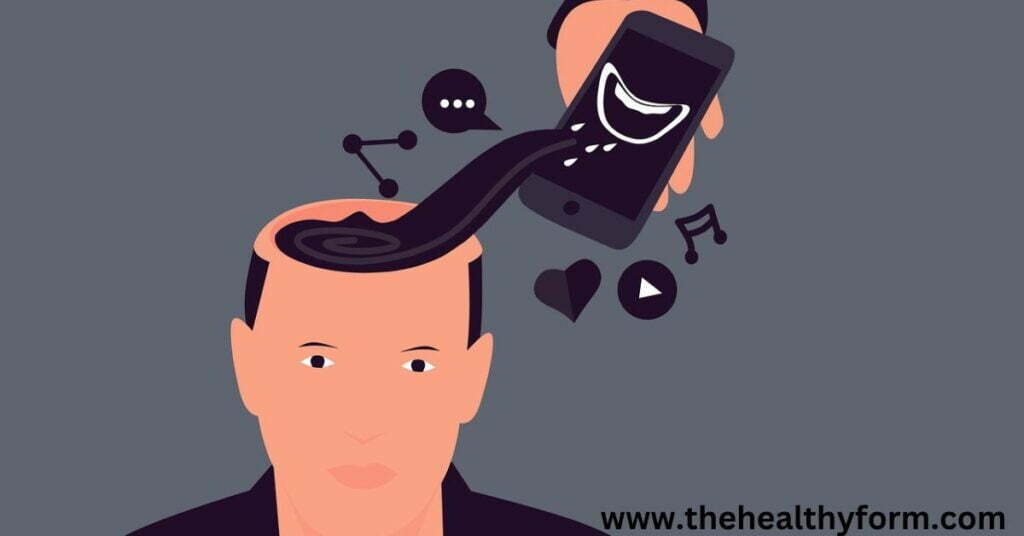
What are the outcomes of over-the-top social media use on emotional wellness?
Here are some potential outcomes of over-the-top social media use on emotional wellness:
- Increased anxiety and depression: Research suggests that excessive social media use can contribute to feelings of anxiety and depression, especially if we are comparing ourselves to others online or getting caught up in the constant stream of news and notifications.
- Low self-esteem: Seeing highly curated and idealized versions of other people’s lives on social media can make us feel inadequate or like we are not measuring up. This can lead to feelings of low self-esteem and self-worth.
- Sleep disturbances: The blue light emitted by screens can interfere with our natural sleep patterns, making it more difficult to fall asleep and stay asleep. Additionally, the constant need to check social media can keep us up late at night, leading to sleep deprivation.
- Addiction: Social media can be highly addictive, as we get a rush of dopamine every time we receive a like, comment, or notification. Over time, this can lead to a compulsive need to check social media, even when it interferes with other aspects of our lives.
- Difficulty disconnecting: With the constant access to social media on our phones and devices, it can be difficult to disconnect and take a break from technology. This can make it challenging to relax and unwind, leading to increased stress and burnout.
How might social media adversely influence mental prosperity?
The constant impulse to check notifications or scroll through feeds may easily develop into an addiction because social media platforms are meant to keep users interested for as long as possible. Due to lack of sleep and disregard for self-care routines, this addiction can cause anxiety, despair, and even physical health problems.
Social media frequently presents a flawless image of people’s lives, causing users to contrast their lives with those of others. This may result in depression, low self-esteem, and feelings of inadequacy.
Social media platforms have made it simpler for bullies to target and torment their victims in the case of cyberbullying. Cyberbullying can result in severe mental discomfort, anxiety, sadness, and even thoughts of suicide.
Overwhelming amounts of information can cause tension and anxiety due to social media’s continual stream of information. Users may also lose empathy and compassion due to being hardened to bad news.
Fear of missing out (FOMO): Social media can cause a person to worry about losing out on chances, activities, or experiences. Those who experience this fear may experience worry and tension and even engage in behaviors they wouldn’t ordinarily want to do.
Social media use before bed can cause sleep problems, hurting mental health. Mood fluctuations, anger, and despair can result from a lack of sleep.
Social media users may feel exposed and vulnerable, which can cause worry and tension over their privacy and security. This may also result in the dread of criticism and judgment from others.
Disconnection from interpersonal connections in real life: Relying too much on social media for communication might result in a lack of real-life interpersonal interactions. This may result in melancholy, social anxiety, and loneliness.
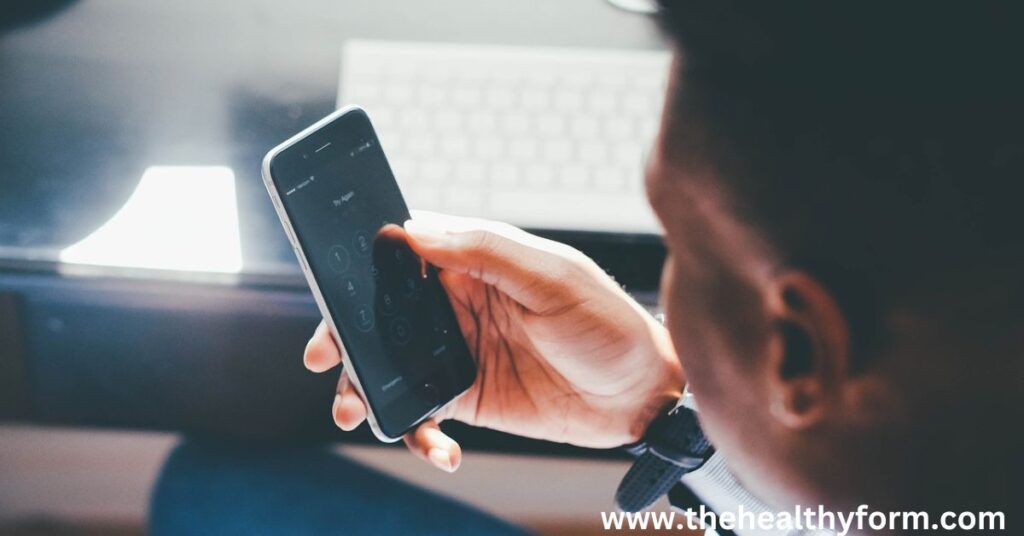
What are the impacts of social media on confidence and emotional well-being?
Research has shown that the more time people spend via social media, the more likely they encounter pessimistic impacts on confidence and emotional well-being. The steady correlation with others via social media can prompt insecurities and low morale. Furthermore, the constant openness to harmful or unpleasant news and the consistency that should be associated can provoke expanded sensations of uneasiness and wretchedness.
How does social media add to psychological wellness issues?
Social media can add to psychological well-being issues through various components, including the steady correlation with others, openness to harmful or unpleasant news, and consistency should be associated. Also, the constant need to check our social media records can make it challenging to separate from innovation and unwind, which can fuel these issues.
What are the drawn-out impacts of social media on mental prosperity?
The drawn-out impacts of social media on mental prosperity are not yet wholly comprehended. Notwithstanding, research has demonstrated how excessive utilization of social media can prompt various pessimistic impacts on emotional well-being, including expanded sensations of tension, despair, and forlornness, as well as diminished confidence and rest quality.
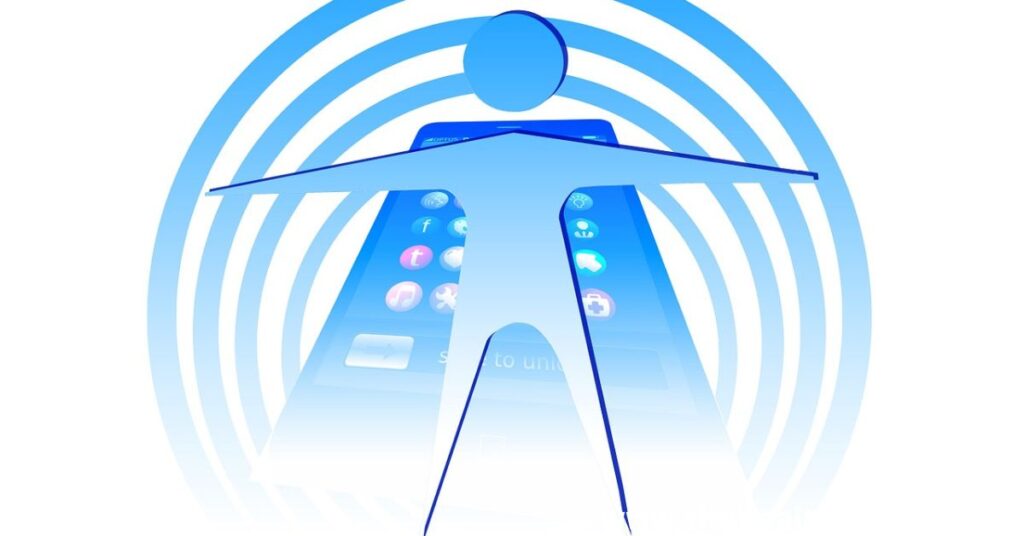
How could social media influence our psychological prosperity in specific and negative ways?
One of the principal ways social media can adversely affect mental prosperity is through the steady correlation with others. The organized and altered lives we see via online entertainment stages can prompt insecurities and low confidence. Furthermore, social media can improve emotional wellness issues like sorrow and nervousness, producing a steady condition of hypervigilance and the consistent requirement for approval and consideration.
Then again, social media can likewise decidedly affect mental prosperity. It may be an incredible asset for interfacing with others, sharing data and acquisitions, and advancing psychological well-being mindfulness. It can likewise be an extraordinary method for getting help and tracking data and motivation.
Notwithstanding, it is essential to be aware of our social media use and to track down a harmony between the positive and adverse consequences. This can include drawing certain lines on how much time we spend via social media, being particular about the content we draw in with, and being aware of our feelings and responses while utilizing virtual entertainment.
All in all, the impacts of social media on mental prosperity are complicated and multi-layered. While it can have a few advantages, unnecessary utilization of social media can prompt adverse consequences on emotional wellness. It is essential to be aware of our online entertainment use and to track down an equilibrium to advance excellent psychological health and prosperity.
FAQ About The Effects of Social Media on Mental Health
Some of the most common questions people have about the effects of social media on mental health are:
What is social media?
Social media is a platform where people can create and share content, interact with others, and engage in online communication.
How does social media affect mental health?
Social media can have both positive and negative effects on mental health. Some studies suggest that excessive social media use can contribute to feelings of anxiety, depression, and loneliness. Additionally, social media use can lead to cyberbullying, sleep disturbances, and social comparison, impacting mental health negatively.
What are some of the positive effects of social media on mental health?
Social media can help individuals connect with others and provide a sense of community. It can also serve as a source of emotional support, particularly for those who may not have access to in-person support networks. Social media can also provide a platform for self-expression and creativity.
How can individuals mitigate the negative effects of social media on mental health?
Some ways to mitigate the negative effects of social media on mental health include limiting social media use, engaging in offline activities and social interactions, and practicing self-care. It can also be helpful to unfollow or mute accounts that contribute to negative feelings or emotions.
Conclusion
In conclusion, social media has ingrained itself into our daily lives, yet its effects on our mental health are nuanced and multifaceted. Using social media in excess can have some adverse effects, including increased anxiety, sadness, low self-esteem, sleep difficulties, and addiction, even while it can be a terrific way to keep connected and informed. Continually comparing to others and exposure to unfavorable or damaging news can deteriorate mental health. Social media can, however, also improve mental health by raising awareness of the issue and facilitating connections between users who need encouragement and support. While using social media, it’s important to balance its positive and negative effects and be mindful of our feelings and behaviors.

